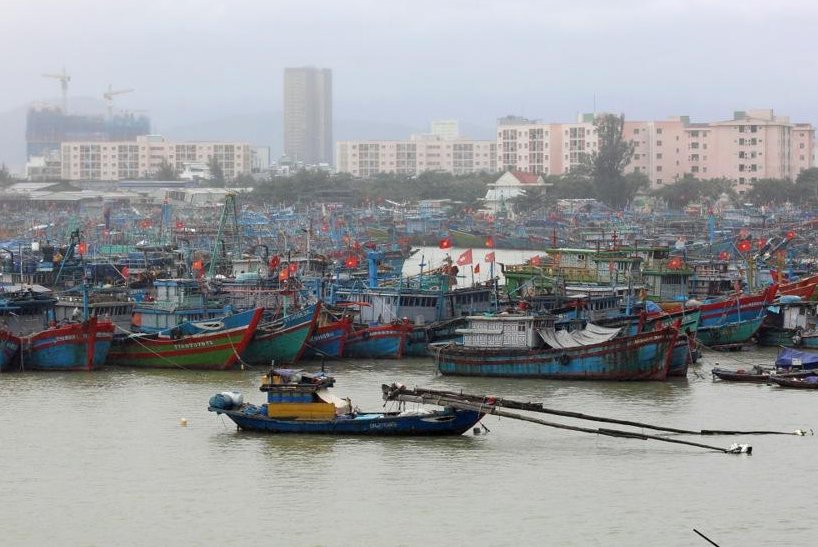Home / Business and Economy / Vietnamese Fishermen Caught Between EU Regulations and China's Maritime Aggression
Vietnamese Fishermen Caught Between EU Regulations and China's Maritime Aggression
13 Nov
Summary
- Vietnam racing to lift EU's "yellow card" on illegal fishing by 2025
- U.S. may impose tariffs on Vietnamese seafood if EU ban not lifted
- Chinese naval vessels ramming and sinking Vietnamese fishing boats

As of November 13, 2025, Vietnamese fishing communities are caught in a complex web of geopolitical and regulatory pressures. The European Union has imposed a "yellow card" on Vietnam, warning the country to address illegal, unreported and unregulated (IUU) fishing practices or face a full trade ban on seafood exports worth over $500 million annually.
Meanwhile, the new U.S.-Vietnam tariff agreement has added another layer of uncertainty, as U.S. officials are closely monitoring Vietnam's IUU compliance data. Analysts warn that if Vietnam fails to lift the EU's yellow card by the end of 2025, Washington could use that as justification to raise tariffs on Vietnamese seafood and other exports.




